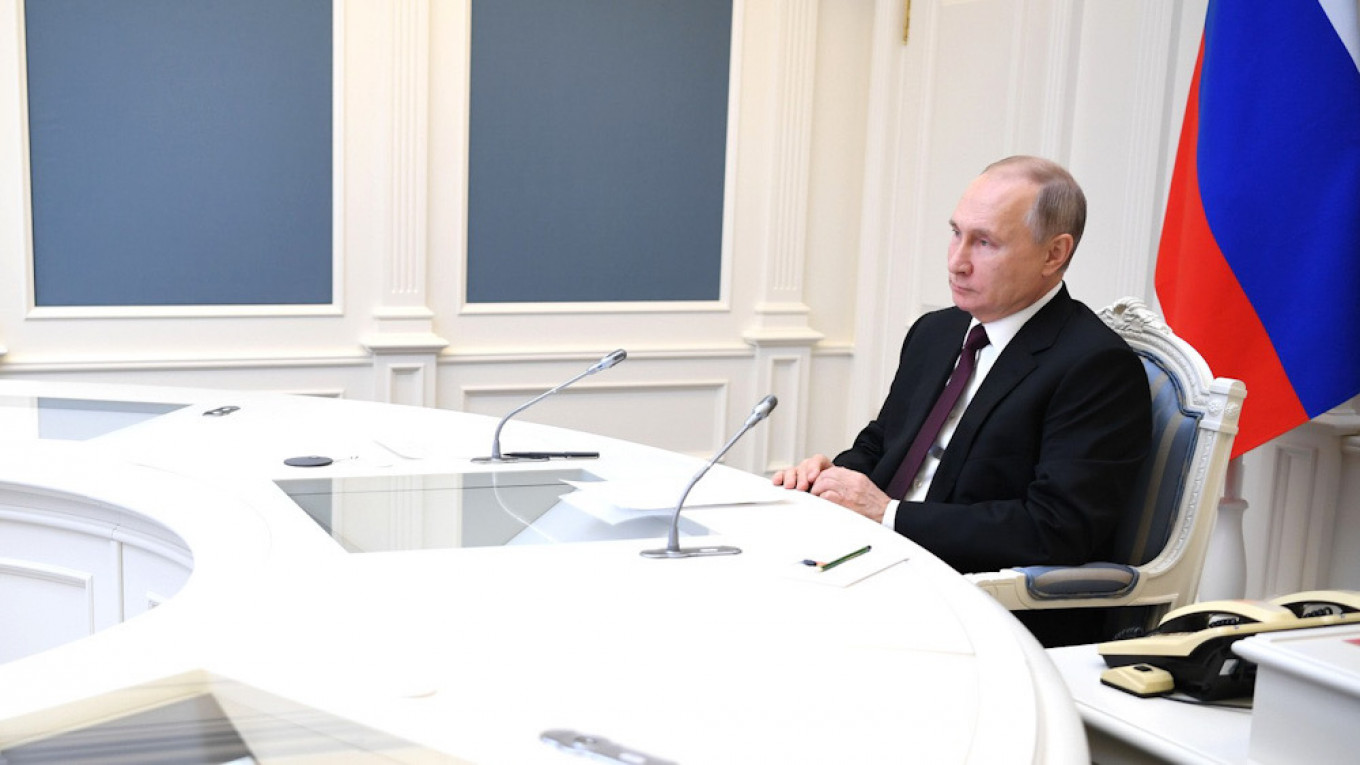The only real questions now are, When will all of this end? and Who will be the next president? In Russia, the prime minister is traditionally the first in line as successor, which is why the appointment of Mikhail Mishustin to that post was one of the most important political events of the year.
Although Putin can now legally run for re-election in 2024, he might opt to step down and name a successor instead. After witnessing how Belarusian President Alexander Lukashenko’s attempt to remain in sparked widespread unrest this year, Putin knows the same thing might happen here. The Russian people are getting tired of him.
His trust rating has dipped below 50%, meaning that more than one-half of the population does not want to vote for him. Although short-term bursts of popularity are theoretically possible still, long-term growth is unlikely.
The president’s electoral base will continue to dwindle. As someone averse to risk, Putin might prefer to cede some of his power to a successor rather than risk everything as Lukashenko did.
According to recent Levada Center polls, Putin’s and Mishustin’s approval ratings have risen and fallen in inverse proportion to each other. Putin’s rating rose from July to September from 66% to 69%, while Mishustin’s fell from 60% to 57%. But from September to November, Putin’s dropped from 69% to 65% while Mishustin’s reversed course and rose. True, it was only a 1% gain, which is well within the margin of error, and yet it might be telling.
In the closing years of former President Boris Yeltsin’s rule, every prime minister he appointed —Yevgeny Primakov, Sergei Stepashin and Putin himself — enjoyed an automatic spike in popularity. At that time, public opinion looked favorably on anyone who could potentially replace the unpopular Yeltsin. The current swings in the Putin-Mishustin numbers might indicate that the latter is seen not only as a complement to the National Leader, but increasingly as his possible successor.
All this gives added importance to the November reshuffling of government ministers in favor of those loyal not so much to Putin, as to Mishustin himself. This indicates that Putin might be not only seriously considering handing over power, but has perhaps already decided to do so.
New systemic opposition
Changes in Russia’s political parties take on particular importance in the run-up to State Duma elections. There are two main trends here. The first is the radicalization of the lower echelon of the Communist Party, the country’s second largest party. This puts pressure on the party leadership to take increasingly untenable positions against the ruling regime. And this is why the Communist Party first voted against Putin’s “reset” referendum, then put forward alternative constitutional amendments and organized an alternative referendum. Their most recent initiative is to train one million observers to prevent the authorities from falsifying votes in the Duma elections.
Source:themoscowtimes.com/
